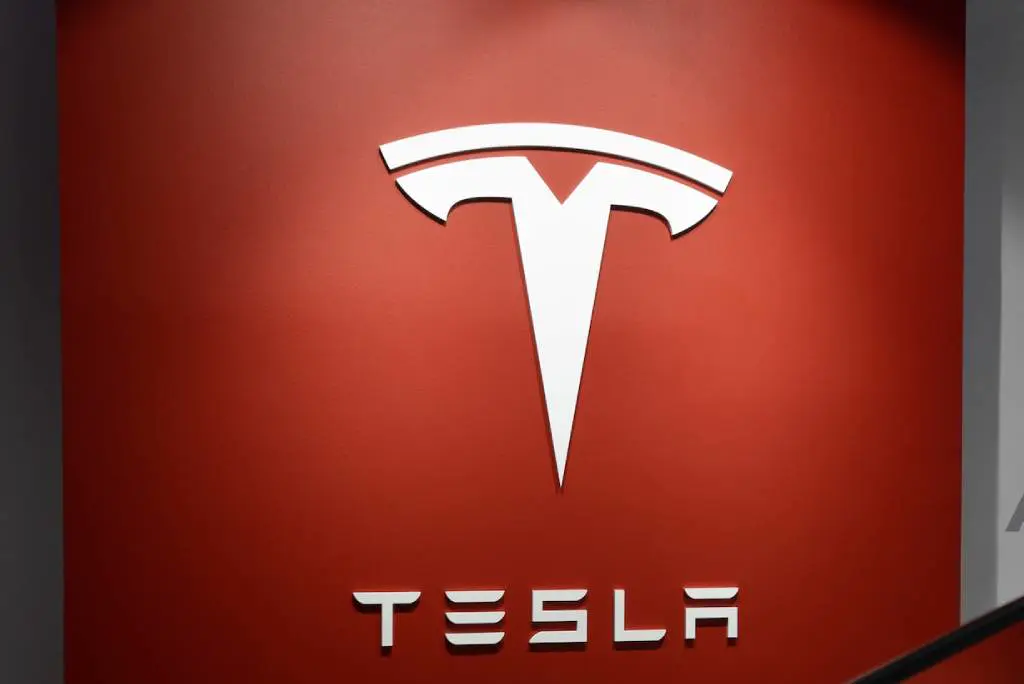According to reports, Tesla delegates are scheduled to meet with India’s commerce minister, Piyush Goyal. The meeting aims to explore a potential plan to establish a factory in India for producing their most affordable electric vehicle (EV) valued at 20 lakh rupees.
The new electric vehicle (EV) under consideration is expected to be significantly cheaper than Tesla’s current lowest-priced model, the Model 3 sedan. Currently sold for just over Rs 26 lakh in China, this would make the proposed EV approximately 25 per cent cheaper.
Moreover, Tesla has been aggressively discounting its current models throughout the year. CEO Elon Musk emphasizes the importance of reducing EV costs for long-term success. In line with this approach, the proposed pricing strategy is aligned. Musk asserts that substantially cheaper EVs are crucial.
India’s Growing Manufacturing Ecosystem can be Helpful for Tesla
Earlier this month, a report suggested Tesla’s plan to produce cars, but no official confirmation was given regarding the lower pricing. EVs represent less than 2% of India’s total vehicle sales, despite being the world’s third-largest auto market.
Tesla’s approach to the Indian market is experiencing a significant shift. However, government officials’ insistence on local production posed challenges last year when attempting to reduce import taxes on the company’s EVs brought into India.
Tesla’s current stance indicates a complete turnaround in its strategy, now embracing the concept of local manufacturing in India.
In May, Reuters reported that Tesla executives visited India, kickstarting discussions with officials about setting up a manufacturing facility for cars and batteries in the country.
Now, these discussions are set to resume this month, focusing on establishing an electric vehicle supply chain and exploring land allocation for the factory.
Furthermore, the upcoming meeting with the commerce minister marks the highest level of dialogue between Tesla and the government since June.
Tesla’s Future Plans Set to Go Beyond EVs
Tesla aims to go beyond EV production in India. The next-gen platform could reduce production costs by 50%. From it, multiple models, including an automated “robotaxi,” may be manufactured.
Furthermore, Tesla’s upcoming plant in Mexico will manufacture vehicles using the cost-effective, high-volume platform. The company plans to implement this platform in other factories too.
At present, Tesla manufactures EVs in California and Texas, along with plants in Berlin and Shanghai. The Shanghai facility represents nearly 40% of the company’s global capacity. There are pending regulatory approvals for capacity expansion at this location.
Meeting With PM Modi
During a meeting with India’s Prime Minister Narendra Modi, Tesla’s CEO Elon Musk revealed that the Indian leader encouraged the car manufacturer to make a “significant investment” in the country.
Musk indicated that an announcement regarding this investment could be anticipated shortly.
The meeting took place in June as part of Modi’s state visit to the United States, where Musk is said to have briefed the Prime Minister about the company’s plans to establish a manufacturing base in India.
Elon Musk highlighted India’s potential for a sustainable energy future, encompassing solar power, stationary battery packs, and electric vehicles. Additionally, he expressed his desire to introduce SpaceX’s Starlink satellite internet service in the country.
Following the meeting with Prime Minister Narendra Modi, Musk spoke to reporters, stating that Modi’s sincere concern for India has motivated them to contemplate substantial investments in the nation, which is consistent with their intentions.
The meeting has strengthened the commitment of Tesla and SpaceX to explore opportunities for significant contributions to India’s technological and renewable energy landscape.
Musk Making Ways for Starlink But Restricted by Reliance
Elon Musk is keen on introducing his Starlink satellite broadband service in India. Still, he encounters significant opposition from Mukesh Ambani, the wealthiest individual in Asia and the head of Indian telecom giant Reliance Jio.
Following a meeting with Indian Prime Minister Narendra Modi in the U.S., Musk stated his eagerness to launch Starlink in India.
He believes the satellite service could be incredibly beneficial, especially in remote villages with no internet or limited high-speed connectivity.
Not mentioned in Musk’s statements was the ongoing conflict between Starlink and Ambani’s Reliance regarding the government’s allocation of satellite broadband spectrum.
This disagreement sets the stage for a potential clash between two of the world’s wealthiest individuals vying for satellite services in the world’s most populous country.
Starlink is lobbying India to avoid auctioning the spectrum, advocating for license assignment instead, as it believes the spectrum is a shared natural resource.
Geographical restrictions in an auction could increase costs, as per company letters made public by the Indian government.
Elon Musk’s Tesla and Starlink have shown significant interest in India’s potential for a sustainable energy future and satellite internet services. The proposed meeting with India’s commerce minister indicates a shift in Tesla’s strategy towards local manufacturing.

